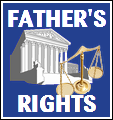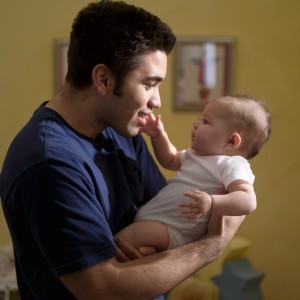 Referee Dean Richardson-Mendelson, sitting in the Family Court of Rockland County, recently had a very disturbing case presented to him involving parental alienation of three children by a mother against their father. In this case, the father sought to modify a previously entered Judgment of Divorce. The settlement in the divorce case had granted both the mother and the father joint legal custody of the parties’ three children. The father now sought sole legal custody and sole physical custody of all three children due to the mother’s relentless program of parental alienation of the three children against the father.
Referee Dean Richardson-Mendelson, sitting in the Family Court of Rockland County, recently had a very disturbing case presented to him involving parental alienation of three children by a mother against their father. In this case, the father sought to modify a previously entered Judgment of Divorce. The settlement in the divorce case had granted both the mother and the father joint legal custody of the parties’ three children. The father now sought sole legal custody and sole physical custody of all three children due to the mother’s relentless program of parental alienation of the three children against the father.
Father’s Parenting Time in the Judgment of Divorce
In the original Judgment of Divorce the father was granted parenting time on alternating weekends. In addition he had two dinner visits with the children during the week. Pursuant to the Judgment of Divorce the father had parenting time on alternating holidays in addition to the standard weekly visitation.
Court Grants Sole Legal Custody and Physical Custody to Father
Referee Dean Richardson-Mendelson found the mother had systematically over a period of time, engaged in parental alienation of the children. Her actions were of such a nature to prevent the father from having a relationship with his children. Referee Richardson-Mendelson found the mother’s actions were systematic and designed to sabotage the father’s relationship with his children.
The Court noted in its decision the children maintained a negative view of the father that was not related to the actual reality of the parental situation between the father and the children. He further found the distortion in the relationship between the children and the father was caused by the mother’s relentless campaign of negatively influencing the children against the father. The court ordered a change in custody of two of the three children. Unfortunately, the court found that the third child was so indoctrinated by the mother to hate her father, he was concerned that she would run away.




















